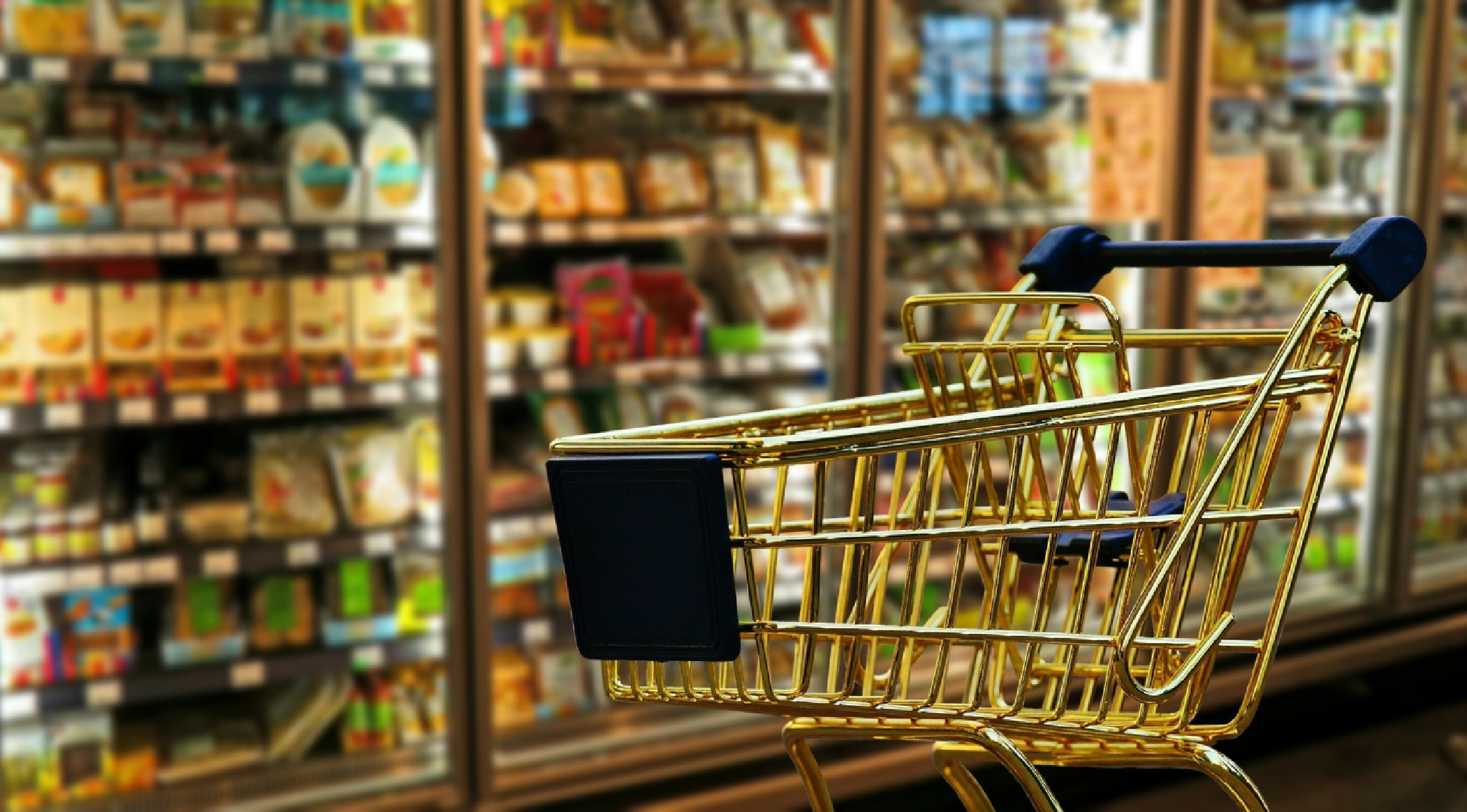

Ever wished that after finding what you want at the supermarket you could just leave without waiting in line? I know what you’re thinking, “That sounds awesome but wouldn’t it make me a thief?”
Well, in most cases the answer would be yes. Certainly at this moment in time it would not be advisable to do such a thing. However, in Seattle, the home of retail giant Amazon, there is a concept store currently being tested by their employees where you can do just that.
Virtual Express
The Seattle ‘Amazon Go’ store is your typical express supermarket, selling food staples such as milk, bread, chocolate and ready meals. The way it works is by tracking users through an app who are in the store, while sensors on the shelves can recognise when something has been taken off and who the nearest user was.
After you’ve gathered all of your supplies, you simply walk out of the store and the app charges your Amazon Prime account for the items that you took from the shelves and are supposedly in your shopping bags.

It sounds like an innovative idea, and I would tend to agree with the notion that it would make one of the most tedious five minutes of our lives a thing of the past. Imagine no longer having to wait in annoyance as someone in front of you struggles to find the correct change, or strikes up a conversation with the cashier, or has a thousand items to scan.
Across the Pond?
In the UK, it seems we are always going to be behind the US when it comes to the unveiling of new technology, so we must wait to see how the test run goes in Seattle and hope that it will then be rolled out worldwide.
However, there has been a positive sign that Britain is next on the list, as the company officially registered the trademark Amazon Go for use inside the UK on 5th December – the same time as it opened the store in Seattle.
Amazon has made it clear that it is targeting the UK retail market. In February, it announced a deal with Morrisons and in July it launched Amazon Fresh to send fresh food to certain postcodes.
But before you get too excited, it’s worth noting the negative press that will undoubtedly come from the idea and may even stall its final implementation. In fact the New York Post has already implied that Amazon will essentially automate minimum-wage jobs and could even wipe out three-quarters of grocery store jobs.
This comes in the wake of a Bank of England study that postulates the development of robots potentially threatens 15 million jobs in Britain alone. This is worrying but do the benefits of services such as Amazon Go outweigh the negatives? As usual, I find myself on the fence a little, thinking that I’m fine with robots doing some jobs as long as we don’t go over the top and end up in Terminator-style anarchy.